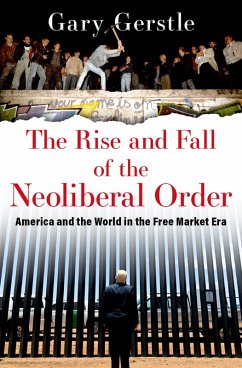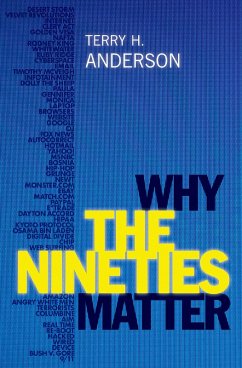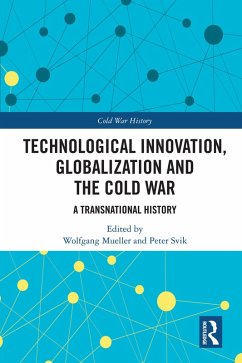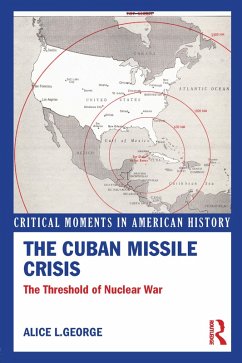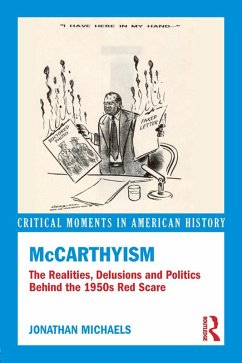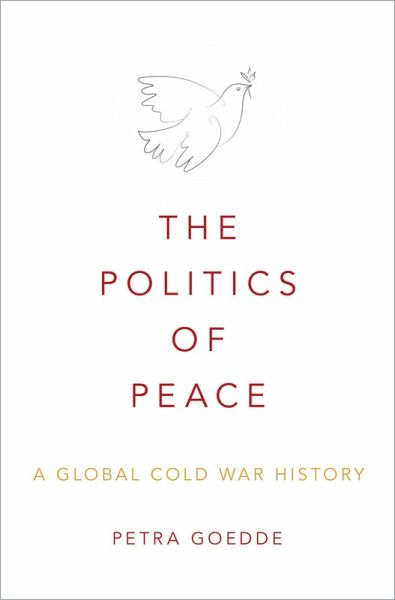
The Politics of Peace (eBook, ePUB)
A Global Cold War History
Versandkostenfrei!
Sofort per Download lieferbar
14,95 €
inkl. MwSt.
Weitere Ausgaben:

PAYBACK Punkte
7 °P sammeln!
During a television broadcast in 1959, US President Dwight D. Eisenhower remarked that "people in the long run are going to do more to promote peace than our governments. Indeed, I think that people want peace so much that one of these days our governments had better get out of the way and let them have it." At that very moment international peace organizations were bypassing national governments to create alternative institutions for the promotion of world peace and mounting the first serious challenge to the state-centered conduct of international relations. This study explores the emerging ...
During a television broadcast in 1959, US President Dwight D. Eisenhower remarked that "people in the long run are going to do more to promote peace than our governments. Indeed, I think that people want peace so much that one of these days our governments had better get out of the way and let them have it." At that very moment international peace organizations were bypassing national governments to create alternative institutions for the promotion of world peace and mounting the first serious challenge to the state-centered conduct of international relations. This study explores the emerging politics of peace, both as an ideal and as a pragmatic aspect of international relations, during the early cold war. It traces the myriad ways in which a broad spectrum of people involved in and affected by the cold war used, altered, and fought over a seemingly universal concept. These dynamic interactions involved three sets of global actors: cold war states, peace advocacy groups, and anti-colonial liberationists. These transnational networks challenged and eventually undermined the cold war order. They did so not just with reference to the United States, the Soviet Union, and Western Europe, but also by addressing the violence of national liberation movements in the Third World. As Petra Goedde shows in this work, deterritorializing the cold war reveals the fractures that emerged within each cold war camp, as activists both challenged their own governments over the right path toward global peace and challenged each other over the best strategy to achieve it. The Politics of Peace demonstrates that the scientists, journalists, publishers, feminists, and religious leaders who drove the international discourse on peace after World War II laid the groundwork for the eventual political transformation of the Cold War.
Dieser Download kann aus rechtlichen Gründen nur mit Rechnungsadresse in A, B, BG, CY, CZ, D, DK, EW, E, FIN, F, GR, HR, H, IRL, I, LT, L, LR, M, NL, PL, P, R, S, SLO, SK ausgeliefert werden.




